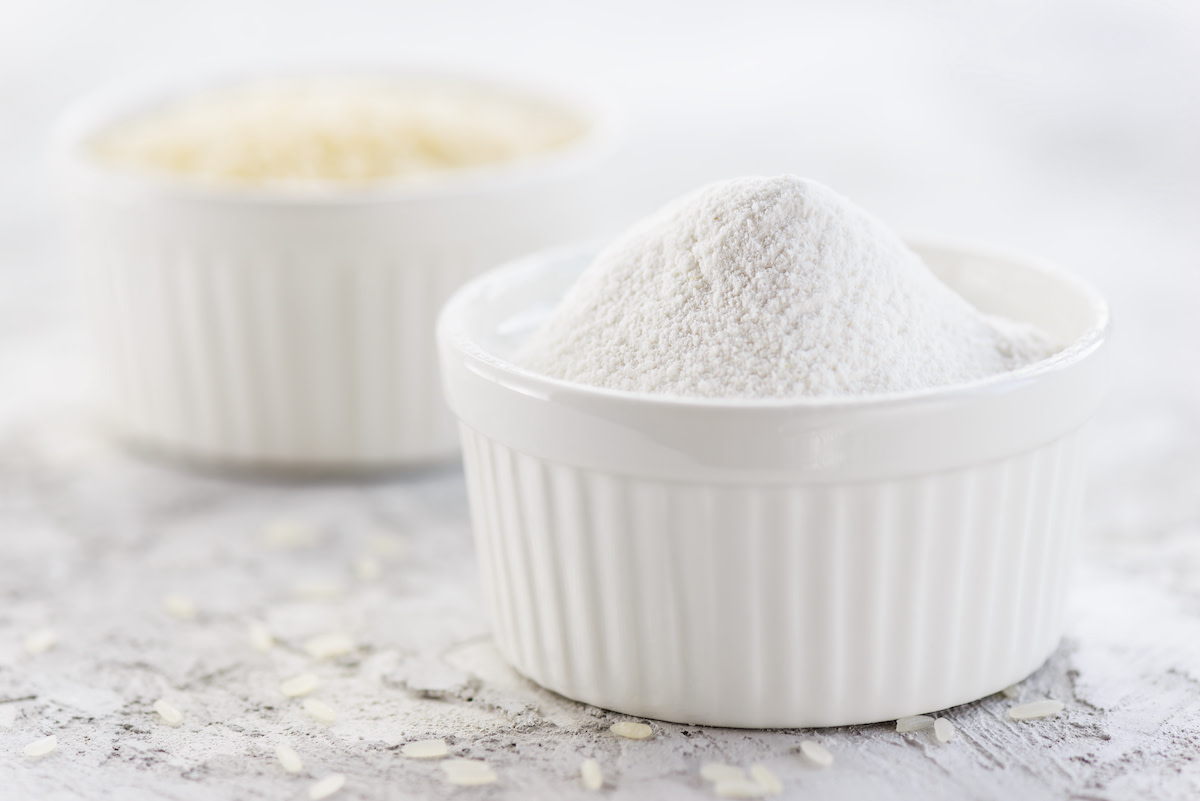Coconut Flour vs. Almond Flour: What’s the Difference?
Written by MasterClass
Last updated: Nov 9, 2021 • 3 min read
These two flours contain no wheat, but they’re great for baking. Here’s what to know if you’re considering coconut flour vs. almond flour for your next gluten-free baking project.
Learn From the Best
What Is Coconut Flour?
Coconut flour is a fine flour made from dried, ground coconut meat. If you’ve ever used shredded coconut to make coconut macaroons or coconut milk, you can think of coconut flour as a finer, drier version of the same product. In fact, coconut flour can be made from coconut pulp, a byproduct of coconut cream and coconut milk. It has a mild coconut flavor and is a naturally gluten-free flour. Coconut flour can absorb four times its weight in liquid, so coconut flour recipes often include more liquid or eggs than similar recipes, and they produce thicker batters. Some people with nut allergies can tolerate coconut flour. If you’re allergic to other nuts, check with your doctor before trying coconut flour. Home cooks commonly use coconut flour in pancakes, smoothies, and muffins.
What Is Almond Flour?
Almond flour, sometimes called almond meal, is a nut flour made from finely ground blanched almonds. The blanching process involves submerging the almonds briefly in boiling water to remove the skins, resulting in an almond flour with more uniform color and texture.
Unlike all-purpose flour and other milled wheat flours, almond flour is grain-free and gluten-free, making it an excellent low-carb flour option for those with dietary restrictions. While you can’t use it to bake an airy loaf of sourdough bread, it is a popular alternative to regular flour in many gluten-free baking recipes and classic French pastry recipes, such as macarons and financiers.
Coconut Flour vs. Almond Flour: What’s the Difference?
You can find these two types of flours side by side in grocery stores. Recipes often recommend them for gluten-free, paleo, and keto-friendly diets. Here’s how the flours differ.
- Absorbency: Coconut flour is highly absorbent: It can absorb up to four times its weight in liquid. Coconut flour recipes often benefit from a higher ratio of wet ingredients, like extra eggs, to achieve a tender crumb, as well as a resting period that allows the flour to absorb moisture and thicken properly before baking. Without this extra step, coconut flour–based baked goods can turn out crumbly. Almond flour absorbs liquids just like white flour, making it easier to substitute.
- Ingredients: Almond flour is made from ground almonds, while coconut flour is made from ground and dried coconut. Therefore, coconut flour is a nut-free alternative to almond flour and other gluten-free nut flours. However, some people with tree nut allergies are also allergic to coconut.
- Nutrients: Both almond flour and coconut flour are popular ingredients in low-carb baking, but almond flour contains about twenty-one grams of carbohydrates per one hundred grams, while coconut flour contains about sixty-four grams of carbohydrates. Almond flour has a higher fat content than coconut flour, with fifty grams of fat compared to coconut flour’s eleven grams; however, coconut flour contains slightly more saturated fat. Almond flour is higher in calcium than coconut flour.
Can You Substitute Almond Flour and Coconut Flour for Each Other?
If a recipe calls for either of these grain-free flours, take care not to swap one for the other without adjusting the amount of liquid or flour—almond flour recipes require far less liquid to yield a moist and fluffy final result.
To substitute coconut flour for blanched almond flour while accounting for coconut flour’s higher absorbency rate, use a quarter cup of coconut flour for every one cup of almond flour. This works best in recipes that don’t rely on large amounts of almond flour to begin with.
Want to Learn More About Baking?
Become a better baker with the MasterClass Annual Membership. Gain access to exclusive video lessons taught by the world’s best, including Dominique Ansel, Joanne Chang, Gordon Ramsay, Chef Thomas Keller, Mashama Bailey, and more.
